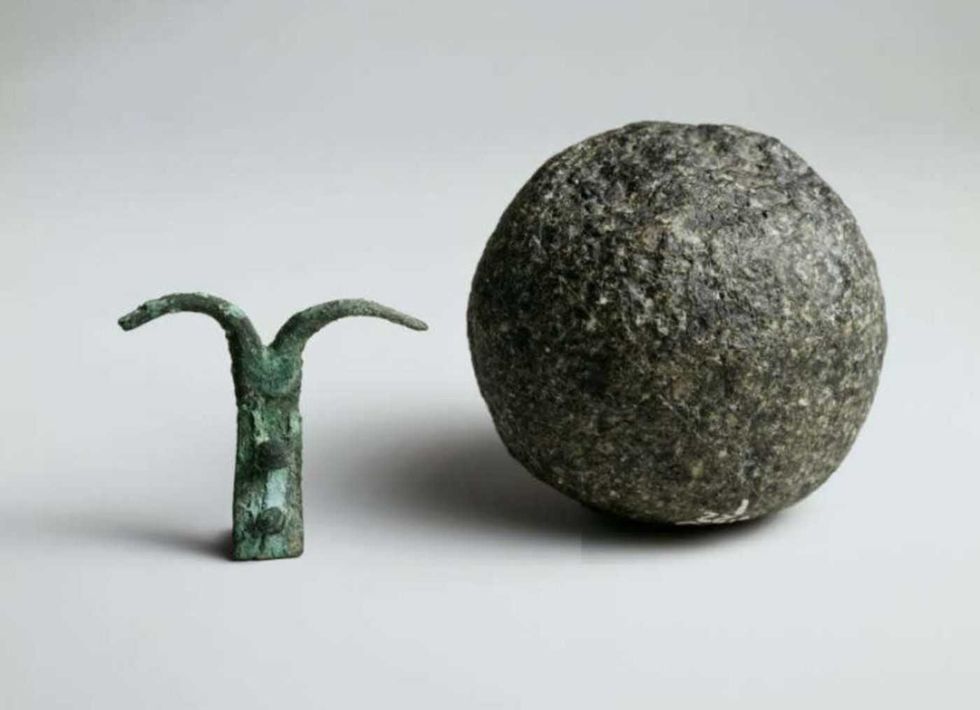In the United States, advertising is so ubiquitous that when you’re not surrounded by billboards and video screens it almost feels creepy. Just imagine if an iconic U.S. intersection or thoroughfare such as Times Square, the Las Vegas Strip, or Hollywood Boulevard suddenly went ad-free. It would feel pretty empty, right?
Back in 2006, the São Paulo, Brazil, cityscape was so cluttered with advertisements, both legal and illegal, that the city was plagued by what the mayor called “visual pollution.” On New Year’s Day 2007, the Lei Cidade Limpa (Portuguese for “Clean City Law”) took effect in São Paulo, and 15,000 billboards and 300,000 storefront signs were taken down. Photographer Tony de Marco was there and took some amazing pictures of a city in transformation.
(H/T Tony de Marco)



















 Pyramid of Khufu
Pyramid of Khufu A spherical dolerite pounder.
A spherical dolerite pounder. Abeer Eladany holds open the box of splinters
Abeer Eladany holds open the box of splinters The box that the missing piece of cedar was discovered
The box that the missing piece of cedar was discovered The wooden fragments dated to around 3341-3094 BC
The wooden fragments dated to around 3341-3094 BC
 Friends helping one another cross a creek.Photo credit
Friends helping one another cross a creek.Photo credit  A group of young people. Photo credit
A group of young people. Photo credit  Studies suggest empathy builds connection.Photo credit
Studies suggest empathy builds connection.Photo credit  People consoling a friend.Photo credit
People consoling a friend.Photo credit 


